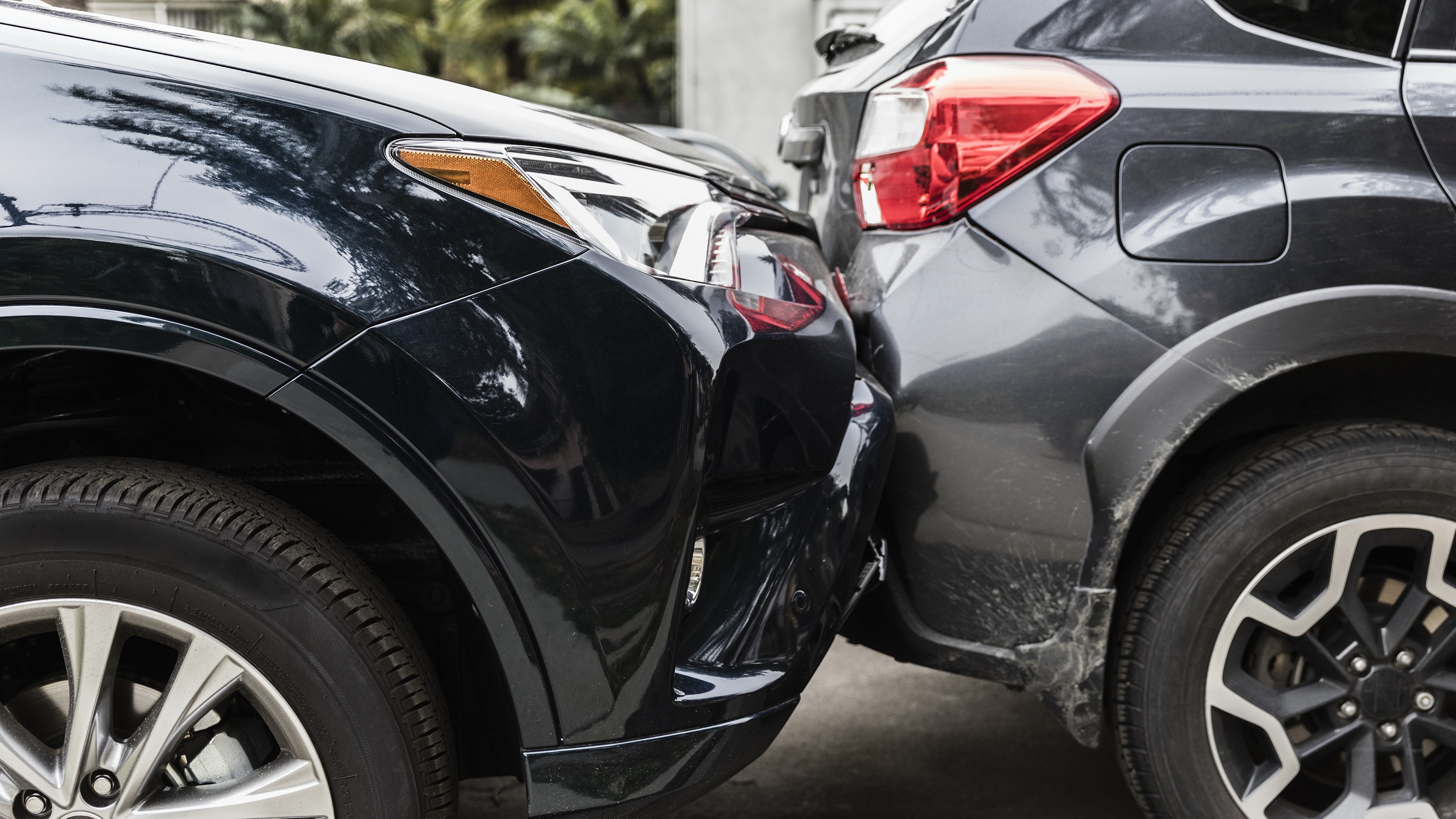How to Buy Homeowners Insurance
Planning to buy homeowners insurance for the first time? Here's what you need to know and how to get started.

Erin Bendig
Profit and prosper with the best of Kiplinger's advice on investing, taxes, retirement, personal finance and much more. Delivered daily. Enter your email in the box and click Sign Me Up.
You are now subscribed
Your newsletter sign-up was successful
Want to add more newsletters?

Delivered daily
Kiplinger Today
Profit and prosper with the best of Kiplinger's advice on investing, taxes, retirement, personal finance and much more delivered daily. Smart money moves start here.

Sent five days a week
Kiplinger A Step Ahead
Get practical help to make better financial decisions in your everyday life, from spending to savings on top deals.

Delivered daily
Kiplinger Closing Bell
Get today's biggest financial and investing headlines delivered to your inbox every day the U.S. stock market is open.

Sent twice a week
Kiplinger Adviser Intel
Financial pros across the country share best practices and fresh tactics to preserve and grow your wealth.

Delivered weekly
Kiplinger Tax Tips
Trim your federal and state tax bills with practical tax-planning and tax-cutting strategies.

Sent twice a week
Kiplinger Retirement Tips
Your twice-a-week guide to planning and enjoying a financially secure and richly rewarding retirement

Sent bimonthly.
Kiplinger Adviser Angle
Insights for advisers, wealth managers and other financial professionals.

Sent twice a week
Kiplinger Investing Weekly
Your twice-a-week roundup of promising stocks, funds, companies and industries you should consider, ones you should avoid, and why.

Sent weekly for six weeks
Kiplinger Invest for Retirement
Your step-by-step six-part series on how to invest for retirement, from devising a successful strategy to exactly which investments to choose.
Are you buying a home? Congratulations. That's a huge milestone. With it comes the need to protect this new asset for the years ahead. How to protect it? You'll need homeowners insurance.
Unfortunately, home insurance rates are high. Rates have increased 11.5% since 2022 and now cost $2,728 per year, or $227 per month on average, according to MarketWatch. So you'll want to shop around to ensure you get the best price.
But before you can start comparing quotes, you’ll need to decide how much and what type of coverage to get. A home’s insurance value is based on the cost to rebuild the house, not the market value.
From just $107.88 $24.99 for Kiplinger Personal Finance
Become a smarter, better informed investor. Subscribe from just $107.88 $24.99, plus get up to 4 Special Issues

Sign up for Kiplinger’s Free Newsletters
Profit and prosper with the best of expert advice on investing, taxes, retirement, personal finance and more - straight to your e-mail.
Profit and prosper with the best of expert advice - straight to your e-mail.
You can get an estimate of the home’s rebuilding cost at AccuCoverage.com, which asks many questions about the house's size, building materials and additional details. It then uses the same building-cost database that insurers use. Or you can work with an agent or the insurer to come up with an estimate.
Here's what you need to know about buying homeowners insurance.
What is covered when you buy homeowners insurance?
Homeowners insurance provides coverage for your possessions based on a certain percentage of your home’s insurance value — 75% is typical. So if your home is insured for $200,000, you’ll also likely have up to $150,000 of coverage for your possessions.
It's important to note, homeowners insurance policies usually have lower limits for certain kinds of items — such as $2,000 or $3,000 for all of your jewelry, for example. If you have any particularly valuable possessions — such as jewelry, artwork or special collections — you may want to get extra coverage for those items.
What is not covered when you buy homeowners insurance?
Homeowners insurance offers a wide range of protection, but it’s a good idea to get familiar with what it generally doesn’t cover. Damage resulting from neglect, mold, pest infestations, or lack of regular maintenance is commonly excluded.
For example, if you live in a flood-prone area, adding flood insurance may be wise, as standard policies rarely cover flood-related damage. Similarly, in regions prone to earthquakes, consider purchasing earthquake coverage, either as a rider to your policy or as a separate stand alone plan.
Being aware of exclusions allows you to plan for any additional coverage you may need, giving you greater peace of mind.
How do you get a quote on homeowners insurance?
Once you have an estimate on how much coverage you'll need, you should then begin comparing quotes. Start by getting a price quote from the company that handles your auto insurance — some providers give a discount on your auto and home insurance if you have both policies with the same company.
Also, if you have an auto insurance agent, find out whether they work for one company or are an independent agent who works with several companies. An independent agent can give you price quotes from several insurers. On the other hand, you may also want to contact a few big insurers separately, such as State Farm, which doesn’t sell through independent agents.
And if you have any military connection in your family, it’s worthwhile to contact USAA, too (see USAA’s page for a list of who is eligible). If you don’t have an independent agent, you can find one in your area through the Independent Agents and Brokers of America agent search.
However, before you settle on an insurance company, check out the insurer’s complaint record through the National Association of Insurance Commissioners Consumer Information Source. Saving a few dollars in premiums can backfire if your insurer ends up hassling you about claims.
You can compare home insurance rates today by using our tool, in partnership with Bankrate, below.
How do you choose a deductible?
You’ll also need to choose the deductible amount. One good way to lower premium costs is to choose a deductible of at least $1,000. That will reduce your premium and discourage you from filing small claims that could get you dropped by the insurer or cost you a claims-free discount. Just be sure to keep enough money in your emergency fund to cover the deductible, in case you need to file a claim.
Should you get flood insurance?
If you’re concerned about flooding, which isn’t covered by homeowners insurance, go to www.floodsmart.gov to see the home’s risk of flooding and get prices for flood coverage through the National Flood Insurance Program.
You can buy flood insurance through most homeowners insurance agents. Your mortgage company may require flood coverage if you live in a high-risk area, but it can be worthwhile to get the coverage even if it’s not required in some areas of the country. See Protect Your Home and Finances Against Floods for more information.
Should you conduct an inventory when you first move in?
When you move into your new home, it’s the perfect time to conduct an inventory, which will streamline the claims process if you have to file a claim in the future. Take photos or a video of every room, keep receipts for valuable items, and keep a copy of the file somewhere away from home so it’s easy to access if needed.
Related Content
Profit and prosper with the best of Kiplinger's advice on investing, taxes, retirement, personal finance and much more. Delivered daily. Enter your email in the box and click Sign Me Up.

As the "Ask Kim" columnist for Kiplinger's Personal Finance, Lankford receives hundreds of personal finance questions from readers every month. She is the author of Rescue Your Financial Life (McGraw-Hill, 2003), The Insurance Maze: How You Can Save Money on Insurance -- and Still Get the Coverage You Need (Kaplan, 2006), Kiplinger's Ask Kim for Money Smart Solutions (Kaplan, 2007) and The Kiplinger/BBB Personal Finance Guide for Military Families. She is frequently featured as a financial expert on television and radio, including NBC's Today Show, CNN, CNBC and National Public Radio.
- Erin BendigPersonal Finance Writer
-
 Quiz: Do You Know How to Avoid the "Medigap Trap?"
Quiz: Do You Know How to Avoid the "Medigap Trap?"Quiz Test your basic knowledge of the "Medigap Trap" in our quick quiz.
-
 5 Top Tax-Efficient Mutual Funds for Smarter Investing
5 Top Tax-Efficient Mutual Funds for Smarter InvestingMutual funds are many things, but "tax-friendly" usually isn't one of them. These are the exceptions.
-
 AI Sparks Existential Crisis for Software Stocks
AI Sparks Existential Crisis for Software StocksThe Kiplinger Letter Fears that SaaS subscription software could be rendered obsolete by artificial intelligence make investors jittery.
-
 4 At-Fault States With No-Fault Insurance Rules You Should Know
4 At-Fault States With No-Fault Insurance Rules You Should KnowThink you live in an at-fault car insurance state? These four still have some tricky no-fault insurance laws you should know about.
-
 Is There a Downside to Switching Your Insurance Frequently?
Is There a Downside to Switching Your Insurance Frequently?You keep finding lower rates every time you shop for insurance. Is there any reason not to take the better deal?
-
 No-Fault Car Insurance States and What Drivers Need to Know
No-Fault Car Insurance States and What Drivers Need to KnowA breakdown of the confusing rules around no-fault car insurance in every state where it exists.
-
 Why Your Home Insurance Might Not Protect You If Someone Else Lives There
Why Your Home Insurance Might Not Protect You If Someone Else Lives ThereLetting a relative stay in a second home or inherited property can quietly change your insurance coverage and leave you exposed to costly liability claims.
-
 The 1-Month Rule for Setting Your Car Insurance Deductible
The 1-Month Rule for Setting Your Car Insurance DeductibleThe ideal car insurance deductible balances risk and savings. Here's how to find it.
-
 How Drones Can Affect Your Insurance Coverage
How Drones Can Affect Your Insurance CoverageHow insurers are using aerial imagery to assess homes, the backlash from policyholders and how state regulators are trying to rein in the practice.
-
 Does Your Car Insurer Need to Know All Your Kids? Michigan Cases Raise Question
Does Your Car Insurer Need to Know All Your Kids? Michigan Cases Raise QuestionWho you list on your policy matters more than most drivers realize, especially when it comes to who lives in your home.
-
 Is Home Insurance Tax Deductible?
Is Home Insurance Tax Deductible?With home insurance rates on the rise, you might be hoping to at least claim the cost as a tax deduction. Here's what you need to know ahead of tax season.